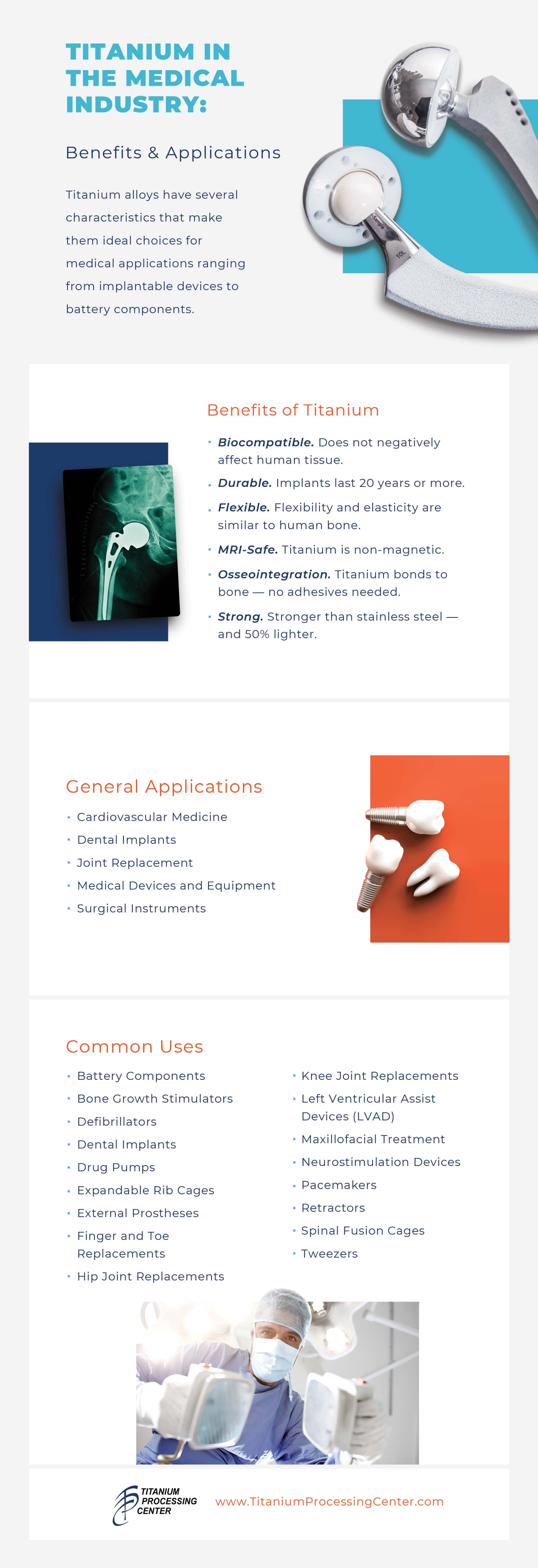How Dental Implants Help You Get the Most for Your Money
December 3, 2021For a permanent solution to teeth problems, nothing beats dental implants. Considered the highest standard of care for replacing lost or damaged teeth, dental implants were first introduced in the 1950s by the Swedish orthopedic surgeon Per-Ingvar Brånemark.
The popularity of dental implants has grown over the years, surpassing dentures. Unlike dentures, dental implants are not removable. In that way, they resemble and act like your natural teeth. They also do not impact the types of food you can eat or change your speech patterns. As a bonus, they help maintain the integrity of the jawbone, allowing for a healthier mouth structure for longer.
Dental implants serve both aesthetic and functional purposes. Thanks to their creation, many people have that much-coveted natural-looking smile.
Purpose of Dental Implants
Dental implants exist primarily for the replacement of lost teeth. When you have cracked or missing teeth, they prevent you from having a natural-looking smile. Even though implants significantly help the look of your teeth, they are not purely cosmetic.
Dental implants are titanium posts that are inserted and secured to the jaw bone. Because they are so stable, they have a structural role in supporting dental crowns or permanent dentures (when several teeth are supported on one implant).
These implants also help protect the integrity of the jawbone. When there is no longer a tooth root in the bone (which occurs when teeth are naturally lost or extracted), the bone begins to atrophy, which can create a hollow, sunken look. Dental implants replace the natural tooth root, meaning that the bone will remain strong.
Preparation for Dental Implant Surgery
Patients undergo thorough evaluations before their dental implant surgery. The first step is a complete dental exam, where a model of your jaw and the dental formula gets printed out using X-ray scans and 3D imaging.
Next, your medical history gets reviewed. As the process requires one or more surgical procedures, the dentist must know if you have any underlying health issues that may affect treatment and recovery. At this point, you should inform them of any medications you are on or if you have any orthopedic implants or heart conditions. They may prescribe antibiotics if necessary.
During this time, you may discuss pain-management options with your dentist. You can choose sedation or local anesthesia.
Dental Implant Surgery: What To Expect
Dental implant surgery takes place in stages:
- Removal of damaged teeth
- Grafting of the jaw-bone (if necessary)
- Placement of implants
- Time off for healing and bone growth
- Attaching abutment to the implant
- Placement of artificial tooth/teeth
This process may take several months, with time off in-between to allow for healing and observe how the patient responds to different stages. At the end of it all, you’ll have a natural-looking smile.
Recovery
How quickly you recover depends on factors such as age, lifestyle habits, hygiene, and dental health. It also depends on how intensive the surgery was. On average, you make a recovery after four to six months.
Not only is titanium a strong choice for dental implants, the metal has a lot of other uses across the medical industry. Please see the infographic below for more information.

Provided by Titanium Processing Center – a titanium company
